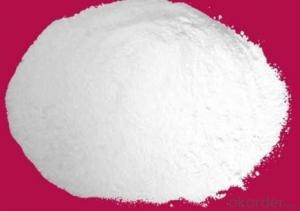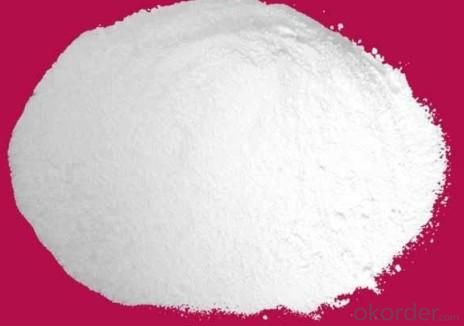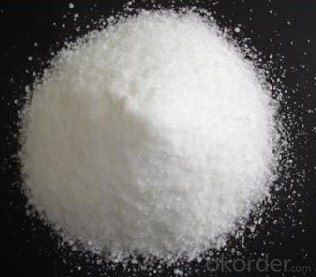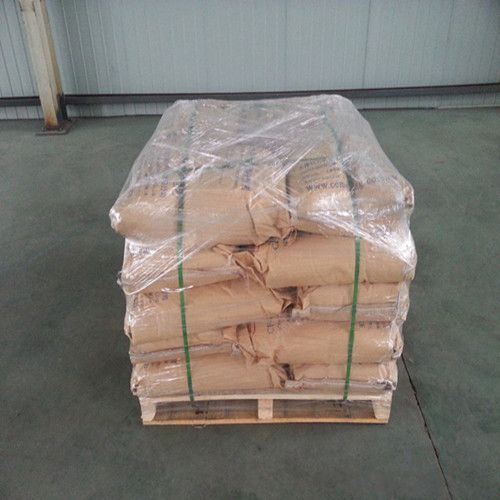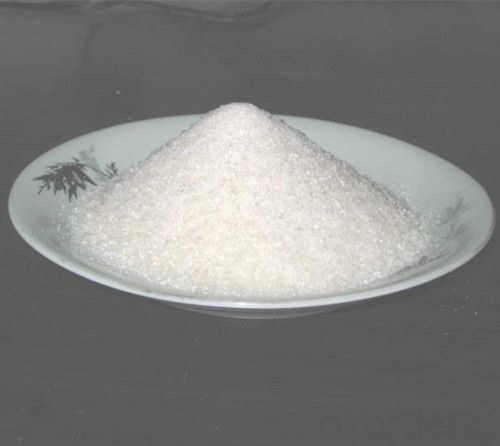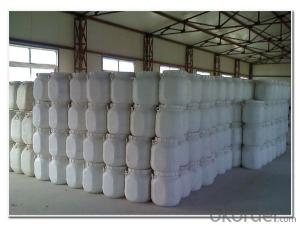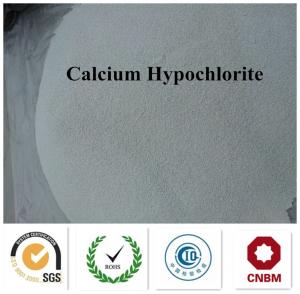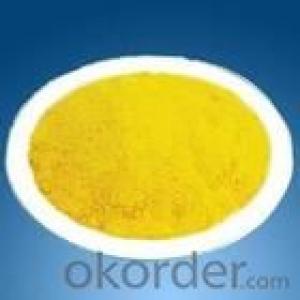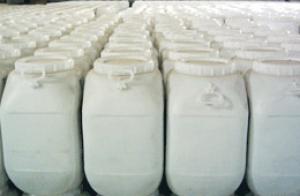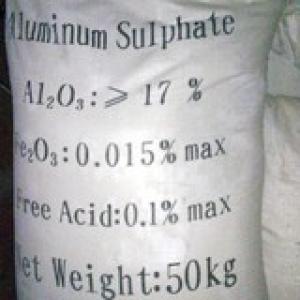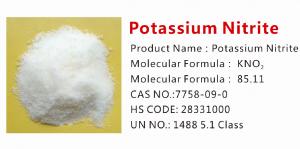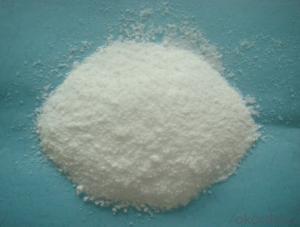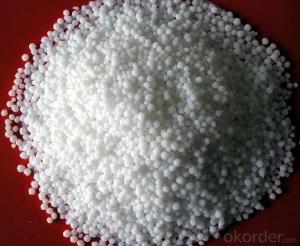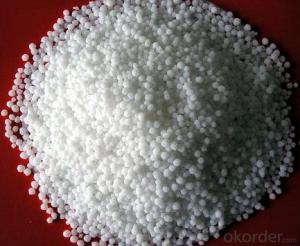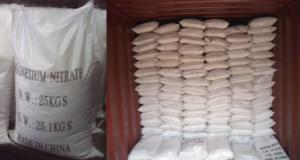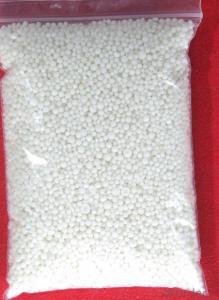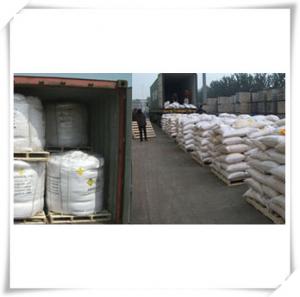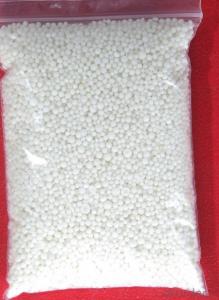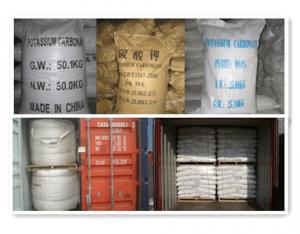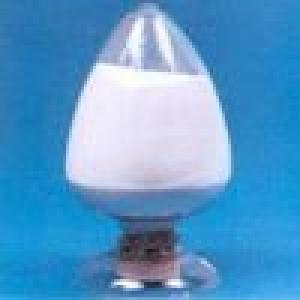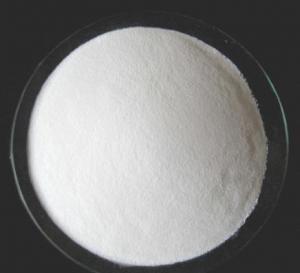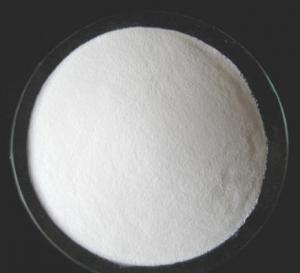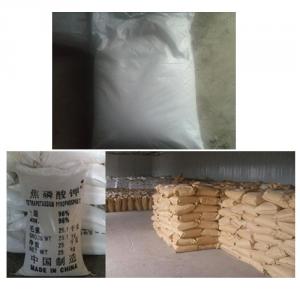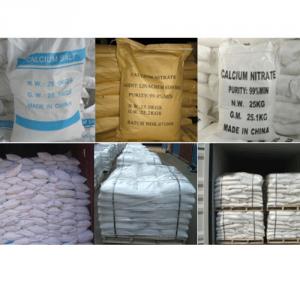Calcium Ammonium Nitrate White Colour Powder
- Loading Port:
- China main port
- Payment Terms:
- TT OR LC
- Min Order Qty:
- 1000 kg
- Supply Capability:
- 500000 kg/month
OKorder Service Pledge
OKorder Financial Service
You Might Also Like
Calcium Ammonium Nitrate
Technical standard : Q/140706CSC003-2005
Molecular Formula: 5Ca(NO3)2 .NH4·NO3.10H2O
Molecular Weight: 1440.75
Property: white ground particles water soluble
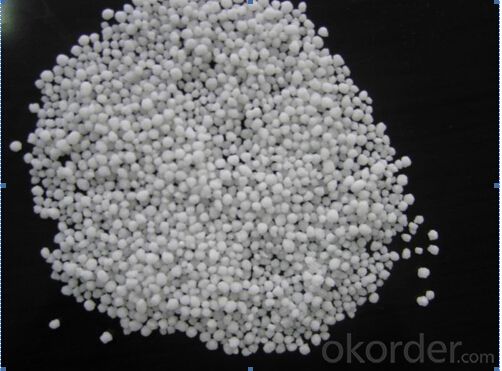
Use:
Nitrogen and available calcium is the new high efficiency compound fertilizer. the fertilizer fast, a fast
fill of nitrogen, which is widely used in greenhouses and large areas of agricultural land. can improve soil,
increase the aggregate structure of the soil is not agglomerated. in the cultivation of cash crops, Flowers,
fruits, vegetables and other crops, the fertilizer may be extended flowering period, prompting the root, stem, leaf normal
growth, to ensure that the fruits bright colors, increased fruit sugar. is a highly efficient environment-friendly green manure.
Package: 25/50KGwoven bags or packed according to the requirements of customers..
Storage and transportation: Seal storage in a cool, dry warehouse. Package must be sealed, moisture-proof. storage
process to prevent rain and sun exposure.
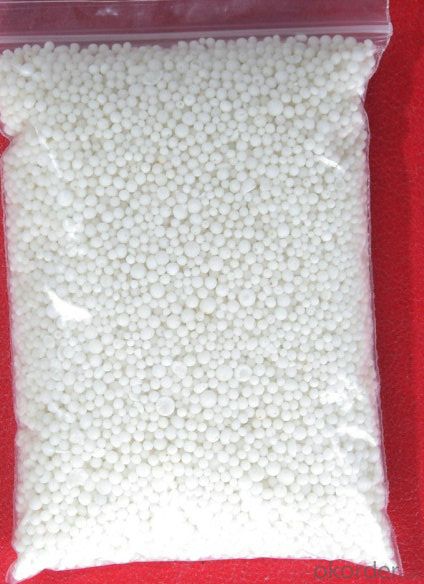
FAQ
1.Q: What is MOQ?
A: Our MOQ is 1 TON.
2.Q: Could you offer free sample?
A: We can provide free samples to you for quality testing.
3.Q: What about your packing?
A: For liquid: Flexitank, or IBC tank 1000L
For powder:Woven fabric bag with plastic film liner( 25kg or 1000kg)
Clients’ packing is workable.
4.Q: How about your productive capacity?
A: 150000 tons/Year.
5.Q: What is your delivery time?
A: Within 7 days after received deposit or L/C at sight.
- Q: Can inorganic salts be tested by LC / MS?
- LC-MS mass spectrometer for organic matter, inorganic salts can not be atomized not applicable, and will pollute the instrument.
- Q: Inorganic salt of the inorganic salt function
- Participate in and maintain the metabolic activity of the organism.
- Q: For science I have to find out what salts are used for but when i search a salt like lithium sulphate it always comes up with "would you like to buy" could you please tell me what these salts are used for*lithium sulphate*zinc nitrate*sodium phosphate
- HI I'M PNT. LITHIUM SULFATE is a white inorganic salt with the formula Li2SO4. It is used to treat bipolar disorder. It is soluble in water, though it does not follow the usual trend of solubility versus temperature — its solubility in water decreases with increasing temperature . This property is shared with few inorganic compounds, such as the lanthanoid sulfates. Lithium sulfate crystals, being piezoelectric, are also used in ultrasound-type non-destructive testing because they are very efficient sound generators. However they do suffer in this application because of their water solubility. ZINC NITRATE: Zinc nitrate (Zn(NO3)2) is a chemical compound used as a mordant in dyeing. It is also a source of zinc ions for chemistry. An example reaction gives a precipitate of zinc carbonate:Zn(NO3)2 + Na2CO3 → ZnCO3 + 2 NaNO3. Conditions/substances to avoid are: reducing agents, organic materials, metal powders, heat and flame, cyanides, sodium hypophosphite, tin(IV) chloride, phosphorus, thiocyanates, carbon, and sulfur. Its Relative Molecular Mass is 189. SODIUM PHOSPHATE: Sodium phosphate are forms of phosphorus, which is a naturally occurring substance that is important in every cell in the body. Sodium phosphate is used to treat constipation and to clean the bowel before surgery, x-rays, endoscopy, or other intestinal procedures. Sodium phosphate enemas are also used for general care after surgery and to help relieve impacted bowels. Sodium phosphate may also be used for other purposes not listed in this medication guide REGARDS, PNT.
- Q: Do inorganic mercury salts bioaccumulate?
- Yes they do bioaccumulate. Mercury builds up for years and years, and eventually sits in a residue of pure mercury. - JJ
- Q: Does the plant absorb some of the inorganic salt?
- Plants absorb moisture and absorb inorganic salts are two relatively independent processes.
- Q: salt is organic or inorganic?
- inorganic
- Q: The inorganic portion of bone tissue is made of what complex mineral salt ?
- hydroxyapatite - Ca10(PO4)6.(OH)2 - which covers the calcium and phosphorous that are needed for bone development And just so you know, plants don't have "bones" - your question was posted in Botany.
- Q: What is the difference between "organic salt" and "inorganic salt"? What is the difference between "organic salt" and "inorganic salt"?
- The biggest difference between inorganic salts and organic salts is the difference in their composition. And a large part of their chemical properties are determined by acid. For example, inorganic salts generally have a strong hydrophilic, and organic salts with some non-polar reagents have affinity.
- Q: Does the plant roots absorb inorganic salt ions must be active
- Plants absorb inorganic salts and do not necessarily absorb water. Plants absorb moisture and absorb inorganic salts are two relatively independent processes. Plants absorb moisture through the infiltration of root cells to absorb water, the process is essentially free of water diffusion process, neither the carrier nor the need for energy; and plant absorption of inorganic salts is carried out by means of active transport, This process requires the carrier and consumes the energy generated by cell metabolism. Of course, plant water absorption and absorption of inorganic salts are a certain association, inorganic salts to be dissolved in water to be absorbed, and inorganic salt ions in the transport of plants can not be separated from water.
- Q: is table salt organic or inorganic, why?
- Inorganic - NaCl - no complex carbon compounds.
Send your message to us
Calcium Ammonium Nitrate White Colour Powder
- Loading Port:
- China main port
- Payment Terms:
- TT OR LC
- Min Order Qty:
- 1000 kg
- Supply Capability:
- 500000 kg/month
OKorder Service Pledge
OKorder Financial Service
Similar products
Hot products
Hot Searches
